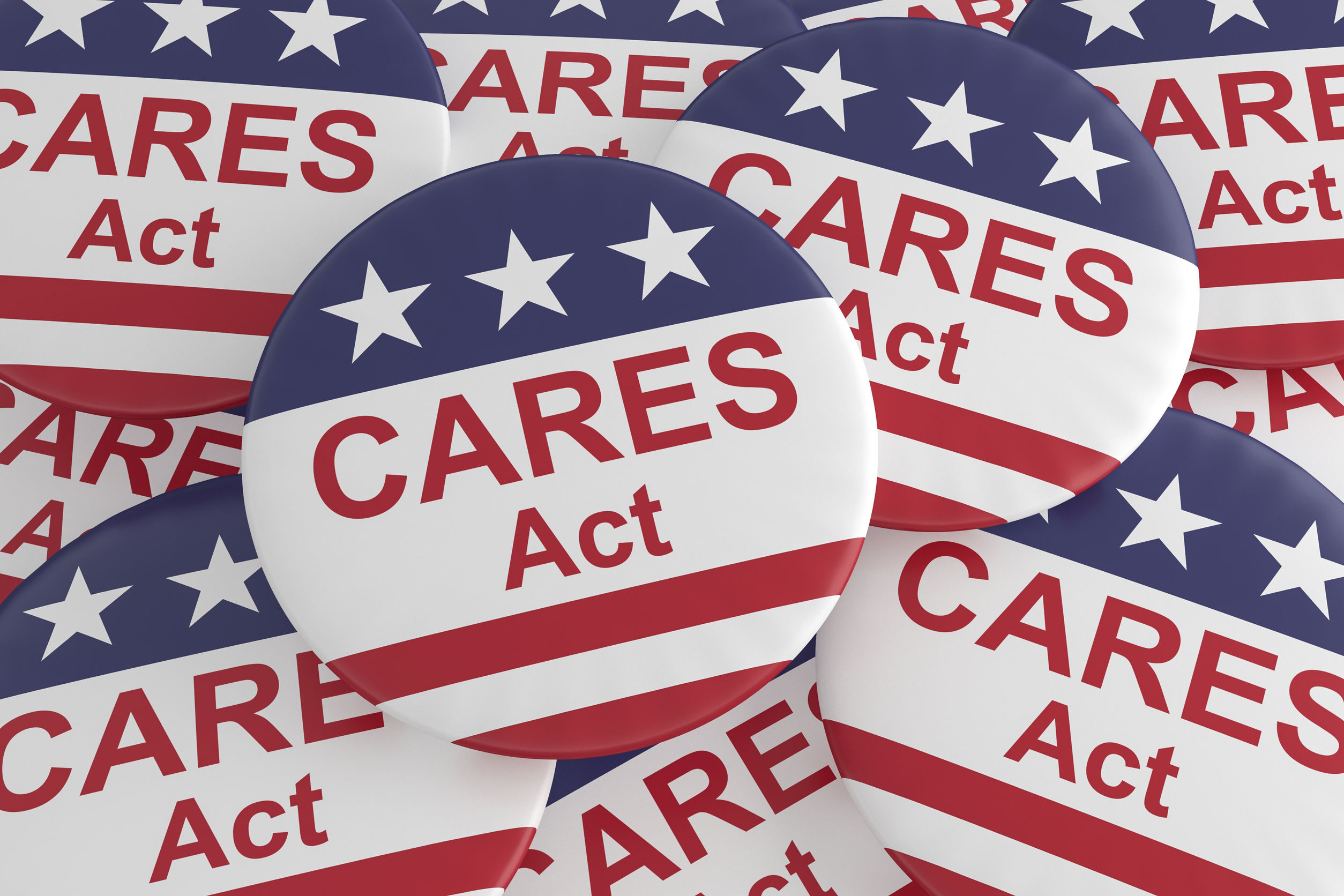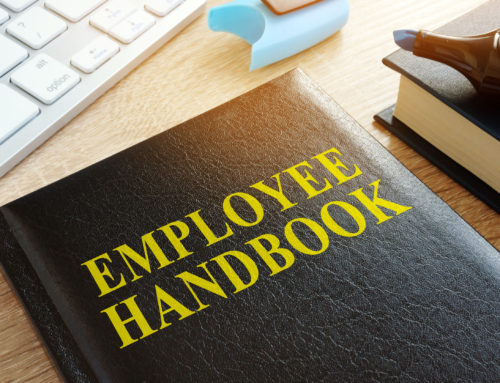When the true economic impact of COVID-19 became apparent, Washington acted with relative speed to offer support to the nation’s employers. The resulting Coronavirus Aid, Relief, and Economic Security “CARES ACT” was designed to mitigate the economic devastation caused by the shutdown of most “non-essential” businesses in the U.S.
“As cities and states across the nation implement business closures and “shelter in place” mandates for coronavirus, countless small businesses are facing an unthinkable reality: They can’t afford to pay their staff until they’re allowed to reopen their doors..”
– U.S. Chamber of Commerce
To help avoid furloughs or layoffs the CARES Act states that businesses impacted by the COVID-19 pandemic can take out loans to cover employee salaries that, under the correct circumstances, can be converted to a grant.
According to Forbes, the CARES Act is “…an estimated $2 trillion package, which specifically allots $10 Billion for EIDLs and $350 billion for Paycheck Protection Loads to help small businesses.”
EIDLs are Economic Injury Disaster Loans and make up the core of the government support offered at this time. The Paycheck Protection Program Loan Guarantee is offered to small businesses with less than 500 employees. For frequently asked questions and additional information about the Cares Act visit The U.S. Committee on Financial Services.
You may be asking yourself, what should I do now?
Start out by navigating to the SBA website and applying directly to the available loan programs. If you’re awarded a loan, you’re under no obligation to accept it. Applying for as much as possible is a prudent hedge to keep your options open in this time of uncertainty.
These loans are designed to help avoid large-scale layoffs, but they are not a panacea. Depending on the length and severity of a COVID-19-related shutdown, you may have no choice other than to scale back your staff.
However, this doesn’t necessarily mean that you’re faced with a binary decision. In fact, a more nuanced strategy may offer you more flexibility in both the short and long-term.
According to the U.S. Chamber of Commerce, “If your business is forced to shut down entirely, it may be inevitable that you need to lay off your entire staff. However, if you are able to continue operating but simply need to scale back, it may be wise to design an “on-off” furlough plan so your employees are not completely without income for months on end.”
If, however, a creative restructuring still fails to resolve the issue at hand and you’re forced to employ a more heavy-handed layoff strategy, this summary of the U.S Chamber of Commerce recommendations may help the situation.
- Have a plan: It’s possible to get creative and offer something like shorter work weeks. This can help lessen the financial burden on employees and keep morale up while dealing with the looming need to downsize.
- Be transparent: Being open and honest about the hard decisions the company is facing is crucial for building trust with team members and managing fears. This also generates a degree of goodwill in difficult times.
- Clarify benefits: Be clear about how the current furlough or current situation impacts the employee’s benefits.
- Insist on ‘no work’ during furlough: By insisting that employees don’t perform any duties during the furlough, the company can avoid potential legal claims for unpaid work.
- Provide support: Remember that it’s natural for employees to experience anxiety and fear during times of uncertainty. Providing emotional and mental health support resources that you have available through your human resources function can help them cope.
- Stay in touch: It’s important to make sure that employees are treated with dignity and respect during furloughs. Staying in touch and providing as much transparency as possible can help to alleviate any doubts about the company’s viability and the current situation in general.
There are other resources that the U.S. Chamber of Commerce has available for businesses coping with the impact of COVID-19. These include:
- The U.S. Chamber’s Small Business Loan Guide.
- A Coronavirus toolkit for businesses and a customizable flyer for businesses to communicate their coronavirus efforts to customers.
- Contact information for your local Chamber of Commerce.
Citations
Nicole Fallon, “Struggling to Balance the Budget?”
U.S. Chamber of Commerce, March 27, 2020.
https://www.uschamber.com/co/run/human-resources/handling-coronavirus-layoffs
Brian Thompson, “Getting Cash for your Small Business through The CARES Act”
Forbes, March 29, 2020
https://www.forbes.com/sites/brianthompson1/2020/03/29/getting-cash-for-your-small-business-through-the-cares-act/#2aad869543a0







Leave A Comment